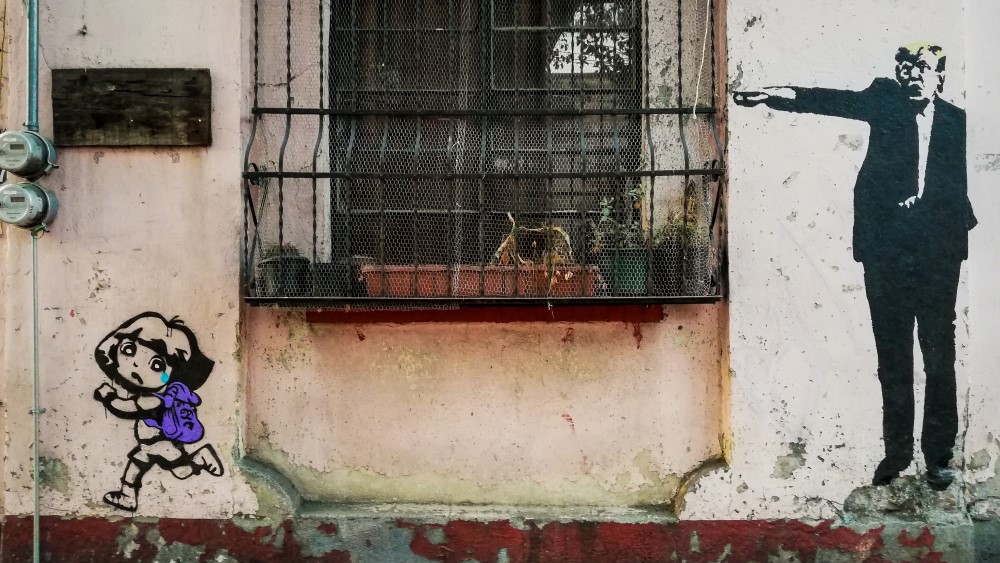The project ‘Legal regulation in an era of deglobalization: socio-legal perspectives on technology, migration, democracy, and war’ (DEGLOBAL) will bring together Nordic and international socio-legal researchers who are working on legal regulation and research on regulatory developments within technology, migration, immigration and integration management as well as punishment, war, human rights, and democracy.
– Our project addresses the highly topical issue of deglobalization from a socio-legal perspective and does so through numerous Nordic and international initiatives, says Peter Scharff Smith.

In recent years, the legal regulation of technology, migration, democracy, and war has become increasingly contested, partly due to deglobalization.
– By deglobalization, we mean a movement towards more powerful isolationist nation-states and regional blocs; a move away from liberal internationalism; increasing restrictions on trade; and a political focus on local solutions and diminishing interdependence in the world, Scharff Smith explains.
By exploring these changes through the lens of deglobalization, the ambition is to identify and understand the ramifications of scenarios for a less connected future where nation-states increasingly protect their borders and fight international institutions and their legal standards.
Adopting a socio-legal perspective
DEGLOBAL is structured around six interrelated activity clusters and hosts a wide range of activities: seminars and workshops, research visits, participation in national and international workshops and conferences, research stays abroad, and the establishment of new research network initiatives.
– Our goal is to make socio-legal research in Norway more publicly visible, and to create new cutting-edge research projects, states Sandvik.

– We will focus on traditional socio-legal concepts and themes, such as legal pluralism, prison litigation, and human rights mobilization, but also on emergent topics such as socio-legal approaches to the regulation of war and disasters, digital transformation, animal rights and artificial intelligence, Sandvik says.
The project hosts members with diverse academic backgrounds and methodological toolboxes. The members have a strong record of contributing to scientific renewal by adopting a socio-legal perspective.
Participants:
– The project includes researchers from Ghana, Norway, Pakistan, Denmark, Sweden, Bangladesh, the US, Australia and the UK. For a project that tries to understand deglobalization, this diversity is a major strength, Sandvik observes.
You may read more about the project, the events and the research interests of the participants on the department's web pages.
Contact
See more:
- Legal regulation in an era of deglobalization: socio-legal perspectives on technology, migration, democracy, and war (DEGLOBAL)
- Norwegian Forum for Animal Law
- Research group on the Sociology of Law
Facts:
The project "Legal regulation in an era of deglobalization: socio-legal perspectives on technology, migration, democracy, and war" (DEGLOBAL) brings together Nordic and international socio-legal researchers who are working on legal regulation and research on regulatory developments within the fields of technology, migration and immigration, as well as punishment, war, human rights, and democracy.
The aim is to identify and understand scenarios for a less connected future, where nation-states increasingly protect their borders and fight international institutions and their legal standards.
The project is financed by The Research Council of Norway and is active from 2023 to 2026.
